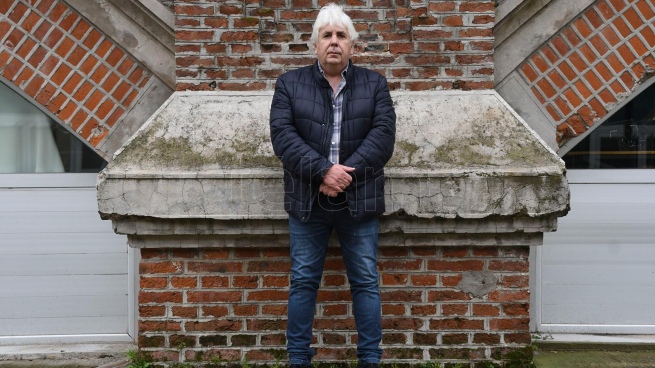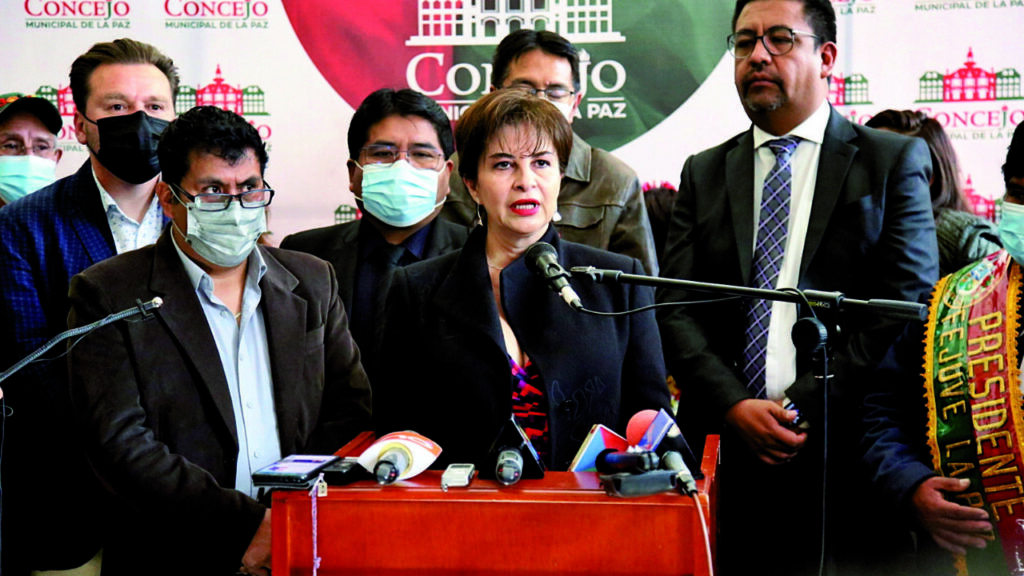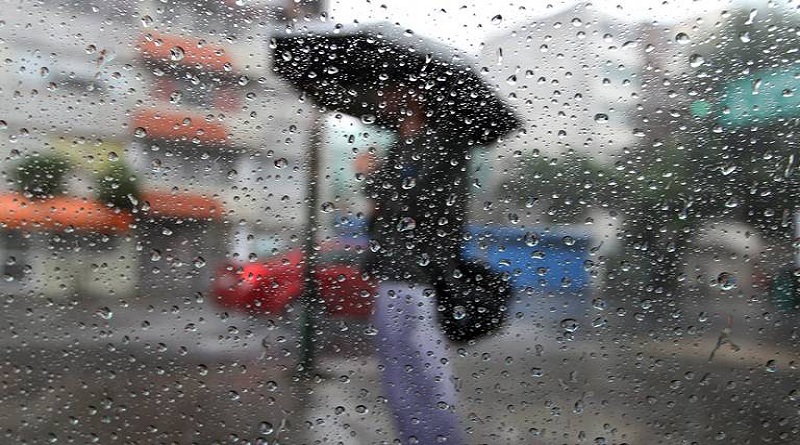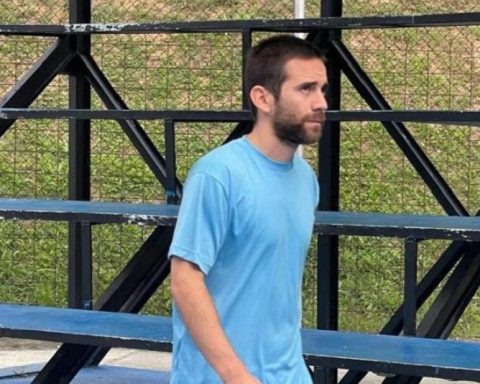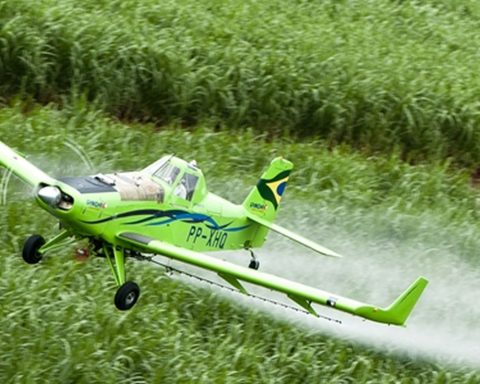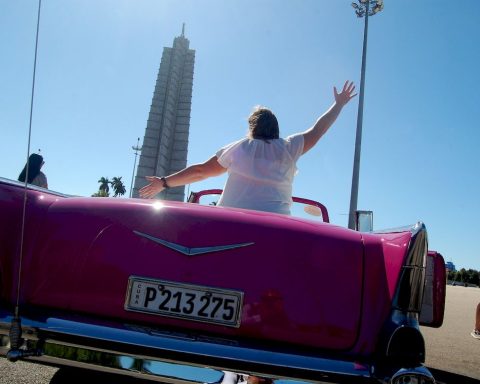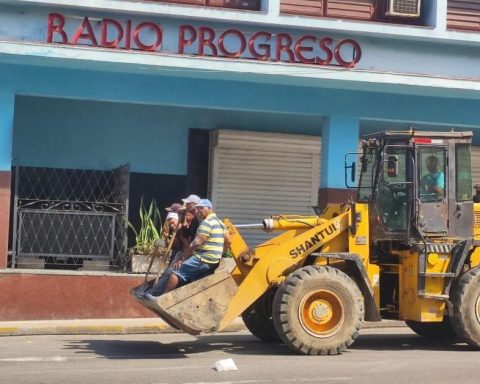The national director of Recovered Companies, Eduardo ‘Vasco’ Murúa, highlighted the “active policies” of the national government for “the generation of work” in that sector, and warned that the Front of All “cannot allow the right to govern again the country, because that would be a catastrophe for Argentina and the people”.
“This week’s meeting with President Alberto Fernández reaffirms the path of the national government in defense of recovered companies throughout the country and of Argentine work. DAfter the Macrista economic tragedy, the fierce indebtedness, the coronavirus pandemic and the war, we will continue to work with all our might to lift the shutters of the factories that have been closed by the neoliberal policies that governed our country.“, Murúa said in an interview with Télam.
On Thursday, in Matanza, the President led the launch of the first National Registry of Recovered Companies (Renacer), which will enable the articulation of cooperatives throughout the country in order to promote their marketing, production chain and import substitution , as well as strengthen the strategies of the popular economy.
In that framework, accompanied by Murúa; the Minister of Social Development, Juan Zabaleta; the secretary of Social Economy, Emilio Pérsico; and the local mayor, Fernando Espinoza, the President stated that “the popular economy is here to stay, it is valuable and we must give it the tools to continue growing.”
In dialogue with Télam, Murúa pointed out that “everything we have been doing for the recovery of Argentine work, was ratified by the President and having the commitment of the national State in this tough race, deepening public policies, is something very satisfying”.
The leader expressed that he trusts the decision of the national government to recover the national industry: “Everyone in the Front of All has those flags. Who can say no to that, the issue is whether or not we know how to do it”.
Télam:: And how do you propose that it has to be done?
Murúa: For years we have been proposing the need to carry out coordination policies between male and female workers, the national State and knowledge in everything related to the recovery of Argentine work. To do it we don’t have the bourgeoisie that we had to promote active policies, nor investments. We have to plan it and carry it out ourselves. With the characteristics of today’s world, it is simple. There is no longer an extraordinary technological income, because the machines and technologies are cheap, so we can do that incorporation to make the production we need for what Argentines consume and use, without hesitation.
T: Could examples of worker organization be replicated to save jobs, as happened with the La Matanza oil cooperative with the former workers of the Sasetru food company in Avellaneda or with those of Cresta Roja, who were left unemployed?
– M: With Sasetru there is no longer any possibility of recovering its operation because they no longer have their machinery inside the plant. With the case of the Cresta Roja company, I am absolutely sure that we will be able to recover it and that the workers can reliably organize and manage it. Hand in hand with the workers, Cresta Roja will produce again. I am convinced of that. It is also a right, a reparation that the State has to make to all those workers, who have not produced since 2016.
T: How many recovered companies are there currently throughout the country and how many jobs do they represent?
M: We have just compiled part of the Recovered Companies registry, but as of today it can be confirmed that there are between 400 and 430 recovered factories and 16,000 workers.
T: How does the registry work for recovered companies?
M: Through the registry, the State becomes aware of what type of companies are recovered or about to be recovered, with what number of workers, what category of national production, what logistics do they have, what area do they have, what do they produce, What installed capacity are they in and what are the urgent needs of each sector and what need for subsidies or credits do they need to produce.
How to join the registry
Enrollment in the registry is done through the pageunderstanding as a recovered company “any productive unit that is in default of payments, closure, abandonment of its owners, dismantling, emptying by the employers, dissolution of the company with cause for liquidation or that is under management of workers and workers”.
Through registration, The State may cooperate with these companies to promote the work they do, their production, self-management and marketing within the framework of the popular economy..
On the political level, Murúa points out that “in addition to recovering the companies, the work of their employees and production, we must become political actors, go out to talk, to debate, about policies in favor of the people.”
“You cannot make the mistake of voting for the main enemy of the workers again, and if we make the mistake of voting again for the main historical enemy of our people so that the right governs, we are going straight to social tragedy”warned the leader.
Par Murúa, it is about “the pocket of neoliberalism, the macrismo, the right, the fascists, the yellows, all those who are together today, the government of the big businessmen, of the multinationals, the government of an Argentina for few, that today everything is together and has political parties that express all that”.
“They are the model of the anti-homeland, they are the model of acceptance of transforming us into a colony. If the right returns, it will be a catastrophe for Argentina and for the people,” he concluded.
